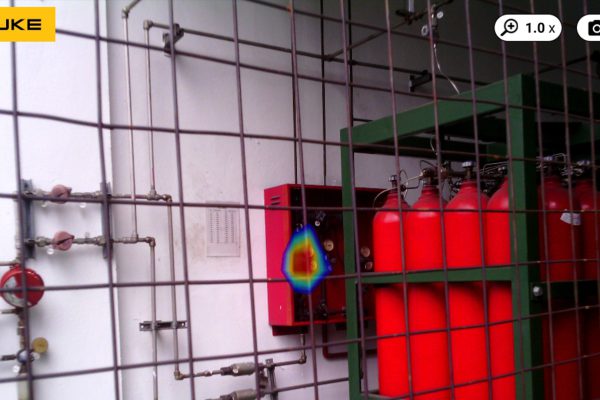The main aim of an energy-saving committee is generally to promote and implement initiatives to reduce energy consumption within a company. The aim is to help reduce energy costs, promote environmental sustainability and, often, improve overall efficiency.
At Swiss Profile, our committee is made up of people hand-picked for their experience, know-how and professional ethics to drive improvement, awareness and understanding of the importance of energy savings among the general public.
Our first task was to formulate and recommend energy-saving policies, guidelines and best practices for adoption by the company. Simple efforts like turning off lights when not in use and setting the air-conditioning temperature to 25 degrees Celsius can be quite a task at first.
But when the results showed a significant reduction in energy costs, it created a positive chain reaction where people became more aware of their energy consumption.
This is the result of constant monitoring of energy consumption patterns, the production of educational videos through ColearnisWe are also responsible for monitoring progress towards energy-saving targets, and for preparing regular reports for analysis at our bi-weekly meeting.
We can’t stress enough the need to provide employees with training and educational programs on energy-saving practices, and to encourage behaviors that contribute to energy efficiency.
We plan to set up a GEMBA on energy savings, under which we carry out regular energy audits to identify areas where energy is being wasted and propose solutions to improve efficiency. We are looking into programs that reward people or services that contribute to energy-saving efforts.
In our production environment where compressed air is used, losses are inevitable, such as air leakage through pipes, fittings and equipment. Leaks in compressed air, gas, steam and suction systems lead to many hidden costs. Not only are they extremely expensive, they are also one of the biggest sources of energy waste in the production sector. A single 3.00mm leak can cost up to 6,000 euros a year.
We can eliminate this problem with devices such as acoustic cameras, which can visualize leaks, partial discharges and mechanical problems. Repairs can be carried out quickly to put an end to waste.
In collaboration with our Swiss counterpart, we are exploring new technologies and methods of energy conservation. In the future, we look forward to working with external companies, government agencies and industrial partners to share knowledge, harness resources and promote energy savings on a wider scale.
With this in mind, the Energy Saving Committee plays a crucial role in fostering a culture of energy awareness and responsibility, contributing to sustainable development goals and, ultimately, reducing the environmental impact associated with energy consumption.
For a better future, save energy today!




